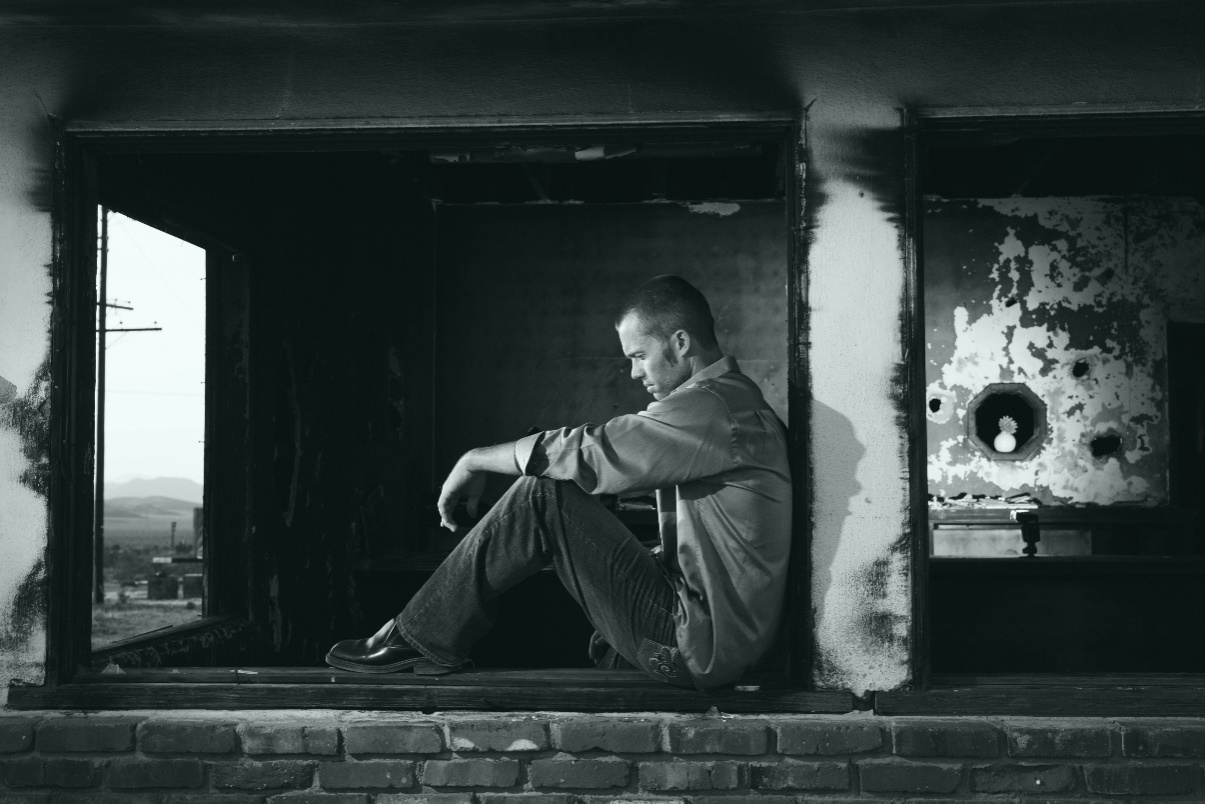The Most Common Mental Health Concerns for War Veterans
Working in the army can be really intense – soldiers are often exposed to several different types of crucial conditions. They see immense bloodshed, see their fellow soldiers get killed or injured during the war, and a lot more.
They often leave the army with experiences, memories, and feelings that haunt them for a very long time. While some are vocal about their experiences and how they make them feel, others don’t even realize that they suffer from different mental disorders caused by the experiences above.
Working in the military is often deemed rewarding. However, it can cause long-lasting impacts that affect their mental conditions. Several US army war veterans experience depressive episodes, anxiety, and other forms of mental health conditions. A US Army War Veteran may face several different types of mental health conditions. However, there are several mental conditions that are actively present in such situations.
If you know someone who has been in the army before and now appears to be withdrawn, distant, and different, then this blog is the right place for you. We have highlighted some of the most common mental health problems that army war veterans may experience throughout their lives.
Post-Traumatic Stress Disorder

One of the most common mental health problems war veterans experience is post-traumatic stress disorder (PTSD). PTSD is a fairly common but intense form of mental trauma that people experience after traumatic incidents such as war. Let’s learn more about the mental disorder here.
Understanding Post-Traumatic Stress Disorder
Post-traumatic stress disorder or PTSD is one of the most common forms of mental health disorders amongst people. PTSD is not limited to soldiers but instead can be experienced by rape victims, people who have been a part of accidents, and more traumatic incidents. War veterans experience several traumatic incidents throughout their deployment and often develop PTSD.
Symptoms of Post-Traumatic Stress Disorder
Several different types of symptoms can help someone identify whether or not their traumatic experiences have transformed into PTSD. Some of the common symptoms include the following:
Recollection of the Event
Dreams, flashbacks, or memories of a traumatic event can be recurrent. Several veterans who experience such flashbacks of war, death, and other traumatic incidents are diagnosed with PTSD. These flashbacks could range from images to proper recollection of the events and certain physical ramifications that cause prolonged stress.
Avoidance
People who have often experienced traumatic incidents tend to develop a tendency to avoid similar situations. Their avoidance is not limited to similar situations; they might choose to stay away from public gatherings, crowds, etc. They tend to avoid talking about the event or how they feel. If someone you know has PTSD, the chances are they will be restricted, distant, and more.
Negative Feelings or Thoughts
War veterans with PTSD often develop negative feelings or thoughts. They develop these feelings towards themselves and other people around them. This is due to their inner turmoil and reservations about situations and people. They may show signs of withdrawal, feeling unsafe, and more.
Hyperarousal
When a person is faced with difficult and stressful situations, they often experience a fight or flight response. However, for people who don’t have PTSD, once the situation subsides, they calm down. People with PTSD, such as war veterans, constantly have the fight or flight response activated. Because of it, they may experience shakiness, lack of sleep, and uneasiness in everyday situations.
Depression

Another form of mental illness prevalent in war veterans is depression. Depression can occur for several reasons, including after experiencing a traumatic event. When a person experiences depression, they go through severe periods of low moods, lack of sleep, and other behavioral changes.
Symptoms of Depression
While many people mistake depression symptoms as being sad or mellow, it is because the symptoms hide in plain sight and can often be looked at as mood changes. Some helpful symptoms of depression include the following:
- Experience low mood, including feeling sad, upset, or down for prolonged time periods.
- A person may experience some lack of interest in everyday activities.
- People with depression will often experience drastic changes in eating habits.
- People suffering from depression might not be able to sleep with ease or go through periods of insomnia.
- They may experience a lack of concentration.
- For people with depression, feelings of hopelessness might be too intense.
- Several people suffering from depression experience suicidal thoughts
- People with untreated depression may even try to inflict self-harm.
Traumatic Brain Injury

For every one in five army soldiers deployed in war intensive areas, traumatic brain injuries can happen. These injuries can result from several shocks, traumas, or difficult events. War veterans around the world experience such brain injuries. Let’s dig deeper to understand fully what traumatic brain injuries are.
Understanding Traumatic Brain Injuries
Traumatic Brain Injury or TBIs are a common form of injury that war veterans experience during the tenure of their deployment. These injuries are common for active members of the forces. These injuries occur from explosions, shocks, or other assaults during deployment. These injuries can alter your brain function temporarily or for prolonged periods.
Common Symptoms of Traumatic Brain Injuries
Some of the most common symptoms of traumatic brain injuries include the following:
- Inconsistencies in memories
- Lack of concentrations
- Having a difficult time planning or judging scenarios.
- Have limited to no impulse control.
- Experience intense irritability and anger episodes.
- Suffer from depression, anxiety, and post-traumatic stress disorder.
- Severe headaches may occur.
- Some veterans experience seizures, lack of coordination, and more.
If you want to learn more about a war veteran’s experience with mental trauma and several mental health problems, give A Notebook of Love a read. Luis Trivino talks about the several mental health problems he developed after his deployment and shares how he faced each challenge with courage, persistence, and love. Grab a copy of the book today!
